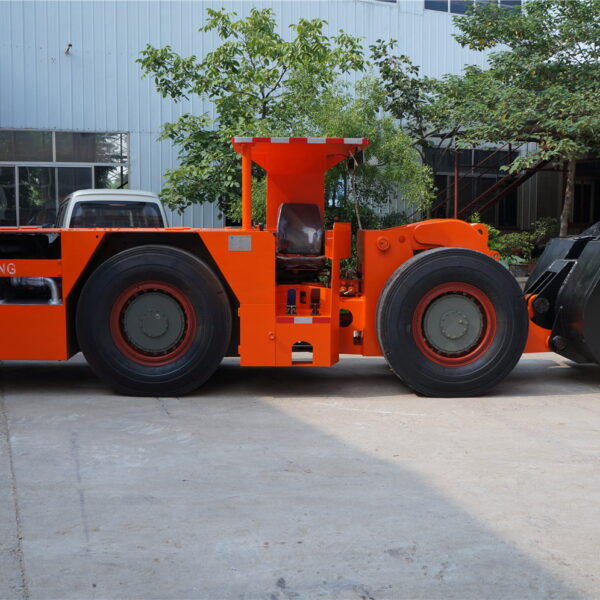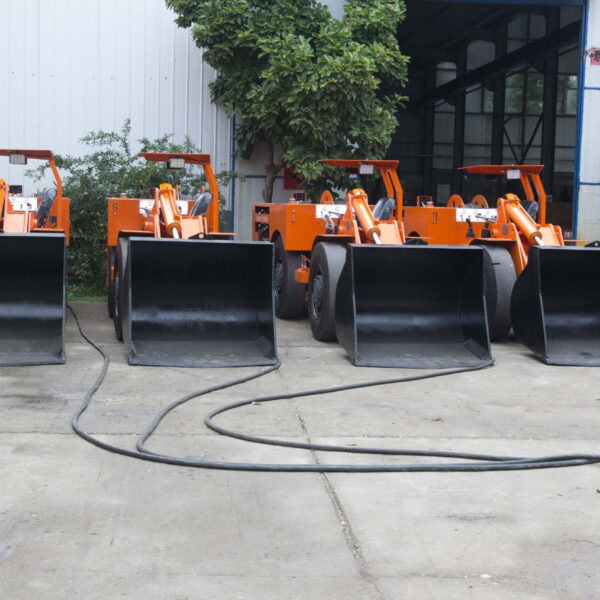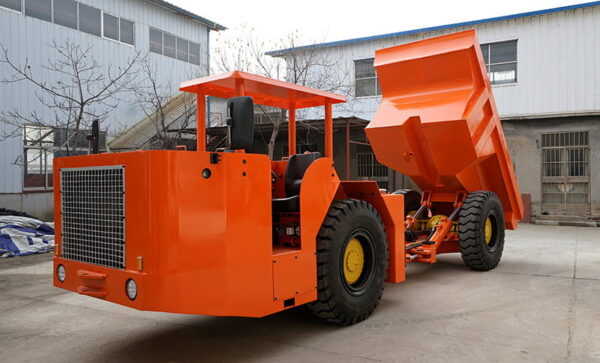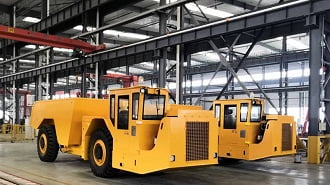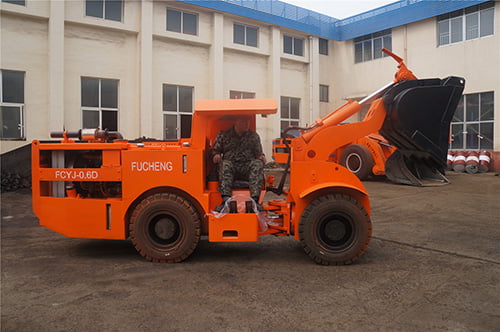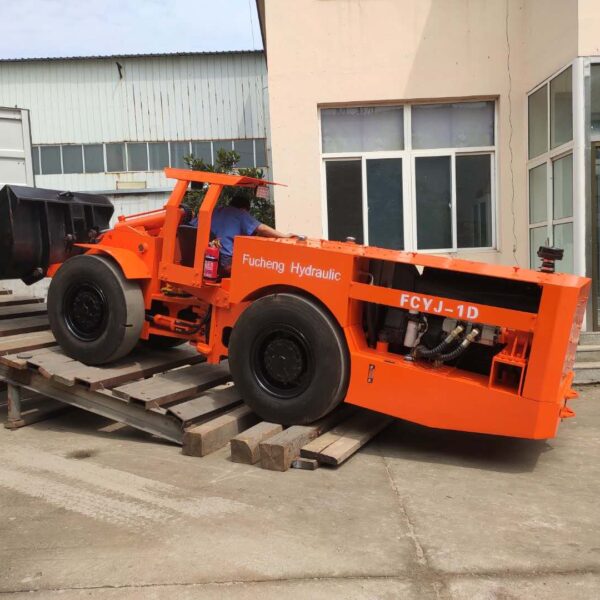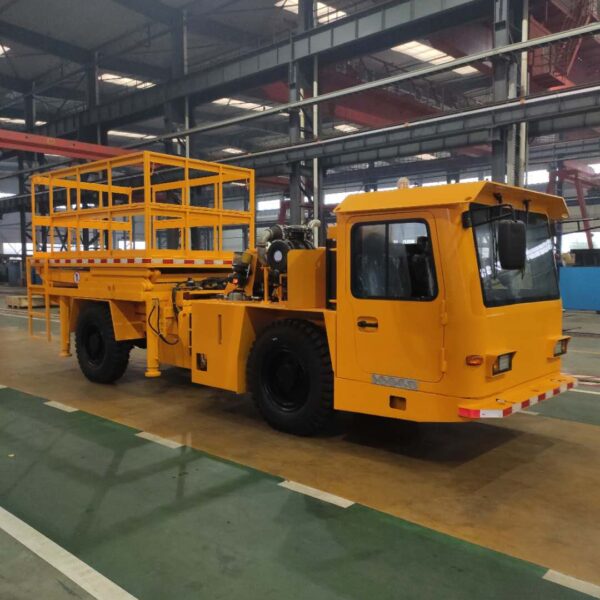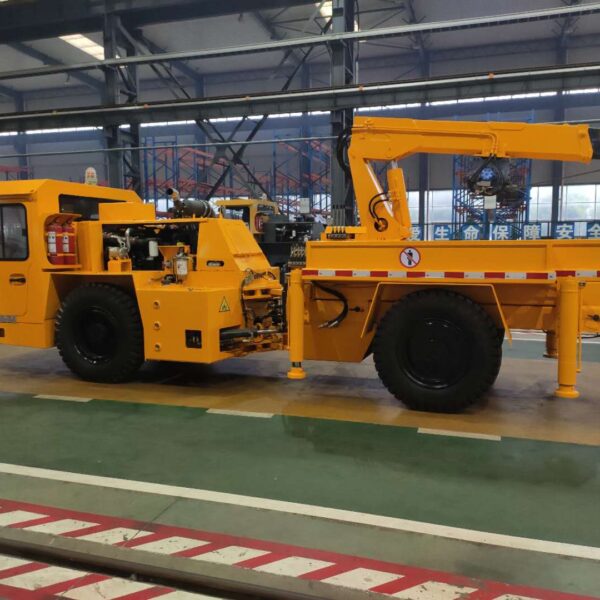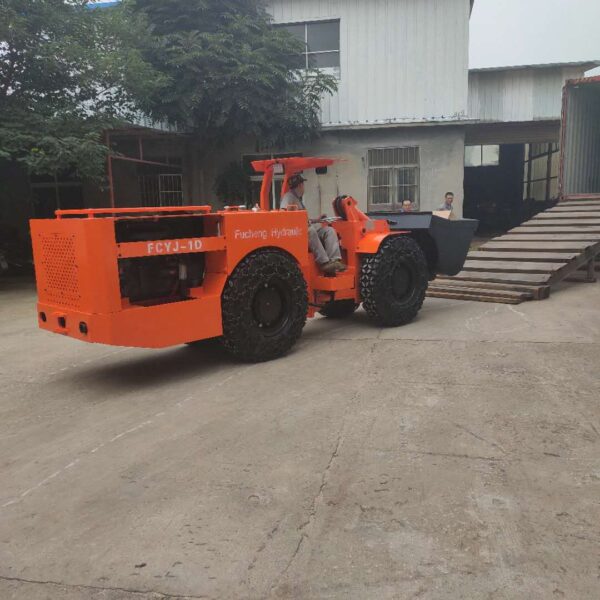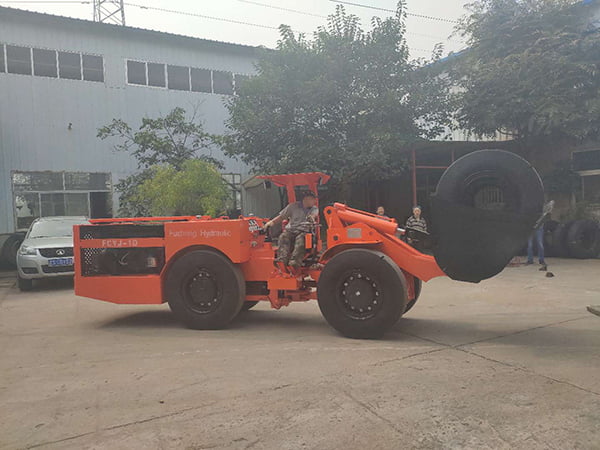Do you have a hydraulic system in your home or office? Simple to heavy-duty machines are moving toward hydraulic technology because of endless power.
Choosing the hydraulic valve is essential to maintaining the pressure or retaining the fluid in the hydraulic cylinders. Do you want to know more about hydraulic valves?
This guide is for you, where we will discuss the hydraulic systems and elaborate on how the hydraulic valve works.
What is a hydraulic valve?
Hydraulic valves are the control centers of your hydraulic fluid. They are often pressured to close the openings and enjoy a flawless activity.
Opening the valves can let the fluid flow through the cylinders. Closing them can block the fluid flow.
Since they handle pressures up to 700 bars, you must consider the next-level quality of materials and opt for the robust material.
Components of hydraulic valve
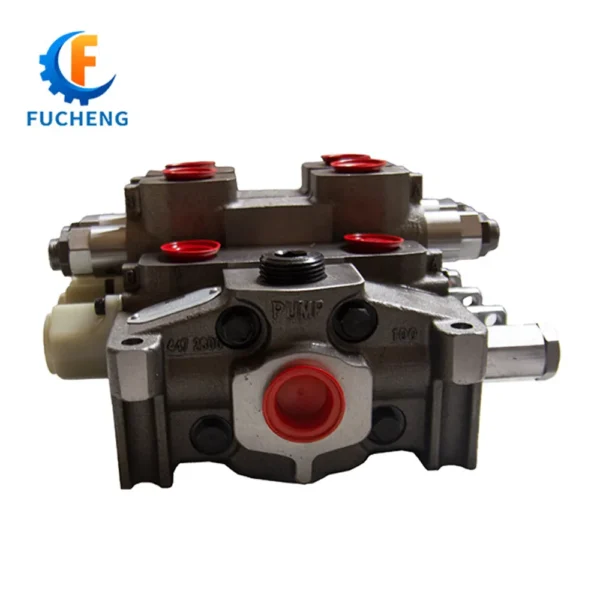
Hydraulic valves come with various components that help block or open the water flow. For example, you can consider the following elements.
Flexible coupling
Flexible coupling allows the transfer of the power or force from one shaft to another. It also compensates for the misalignment and allows the smooth operation of your valves in the hydraulic systems.
Control Shaft
The control shaft is a crucial part that allows the operations of the valves. It connects the valve with the cylinders and follows the commands given by the hydraulic cylinders. The smooth operation of the hydraulic system is also possible due to the control shaft.
Spool
Spools are also a crucial part of the fluid flow. They do nothing but control the direction of fluid flow. For example, if you want to change the fluid direction from one point to another, leave it to the spools. They will alter and provide a seamless experience related to the fluid flow.
Control thread
Control threads help produce better results during fluid control. Customize the flow as needed and rely on fine-tuning the fluid flow. Regulate the valve response and flow.
Feedback spindle
The feedback spindle works as a feedback system. It provides real-time feedback about the valve position and status. Based on this feedback, operators can control and make the valve movement precise and efficient.
Piston ring area
Do you want to secure your hydraulic fluid? Rely on the piston ring. It maintains the tightness of the hydraulic fluids and ensures a seal around the hydraulic cylinders. Such an approach makes it difficult to leak and enjoy the next-level performance.
Working principle of hydraulic valve
The working principle of hydraulic valves divides it into various types. However, we have discussed the three major types and their essential features.
Hydraulic pressure control valves
One of the most crucial valves is the pressure valve. Instead of maintaining the direction, they focus on the pressure control of the hydraulic systems.
They avoid hydraulic pressure spikes and leakage. Furthermore, they validate the safety of your hydraulic systems. Common examples of such valves include:
- Relief valves
- Counterbalance valves
- Sequence valves
- Reducing valves.
Hydraulic flow control valves
Flow control valves are most involved with the flow rate of the hydraulic systems. They adjust the flow as per needs and maintain the fluid balance and operations.
The common types of flow control valves include:
- Fixed flow control valves
- Pressure-compensated flow control valves
- Throttling flow control valves
Hydraulic directional control valves
Hydraulic directional control valves are more about the direction of the hydraulic fluids. They can deviate the fluid to other directions and elevate the speed of the fluid.
They often have several ports and valve positions for flow control. For instance, if the 4/3 denotes the four parts with the three-valve positions in the systems.
- Neutral. You can block the flow of the fluid with the valve closure.
- Extend. Flow from the pump to the cap end of the cylinder causes the extension.
- Retract. Directing the flow from the pump to the rod causes the retraction.
Why should you deploy the hydraulic valves?
You might have thought about why you should consider hydraulic valves. Are they worth your money?
If you have the same question popping up in your brain, don’t worry. It comes with various benefits, such as:
Precise Control
Do you want to control the pressure, flow rate, or sometimes flow direction? Rely on the hydraulic valves. Their precise operation ensures an accurate flow rate. You can adjust the pressure based on your applications.
Many heavy-duty applications require hectic tasks. You have to manage them efficiently and ensure a smooth performance. It is the right time to get precise control of your valves and enjoy the expected performance.
High Power Handling
Hydraulic valves are already under high pressure, up to 700 bars. They function in an intensive environment. Their high power-handling capacity lets them work without any resistance. There is no fear of damage or wear out quickly.
That is why hydraulic valves are designed to operate in robust conditions and drive heavy-duty tasks without a second thought.
Elevated Safety
Valves play a vital role in handling the pressure and flow rate. Therefore, they put little stress on the system and ensure a safer and smooth operation.
As a result, you ensure the safety of both the users and the system. Failures are less likely to happen.
Cost-Effectiveness
Compare the functionality of the hydraulic valves with their precise control applications. You’ll find one thing— cost-effective control of the various applications.
Hydraulic valves are available at cheaper prices from the top suppliers as well. Assess their quality when purchasing and confirming your required applications.
Conclusion
Hydraulic valves are crucial for any system. However, their precise flow and longevity depend on the supplier and material construction. If you want to pocket some quality solutions, look for the top brands.
Wondering about the best brands?
Jinan Fucheng Hydraulic Equipment nurtures premium quality hydraulic valves. You can dig up a wide collection of products and enjoy the flawless operations of hydraulic equipment. Check out the quality tools right away!


